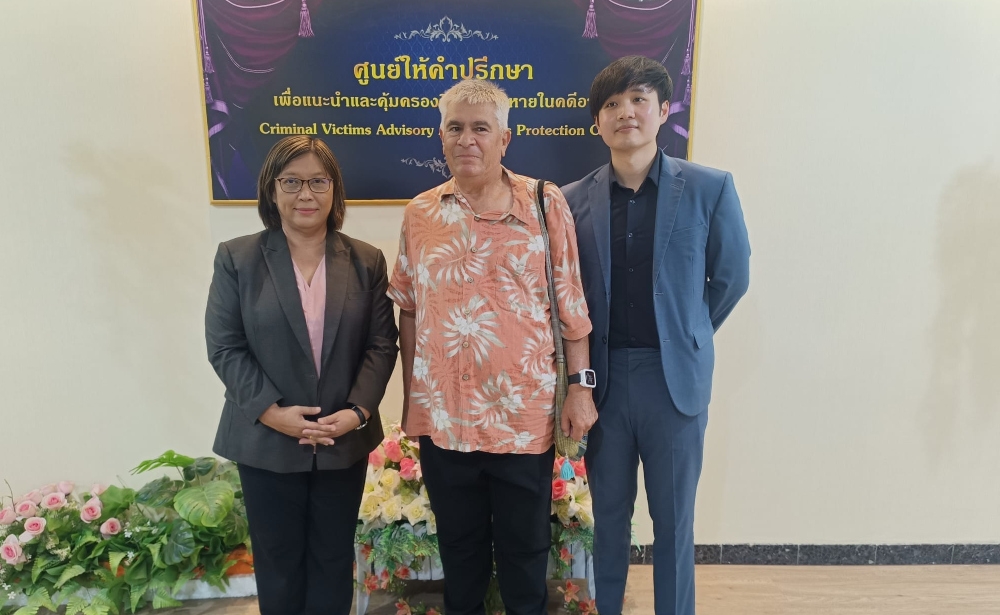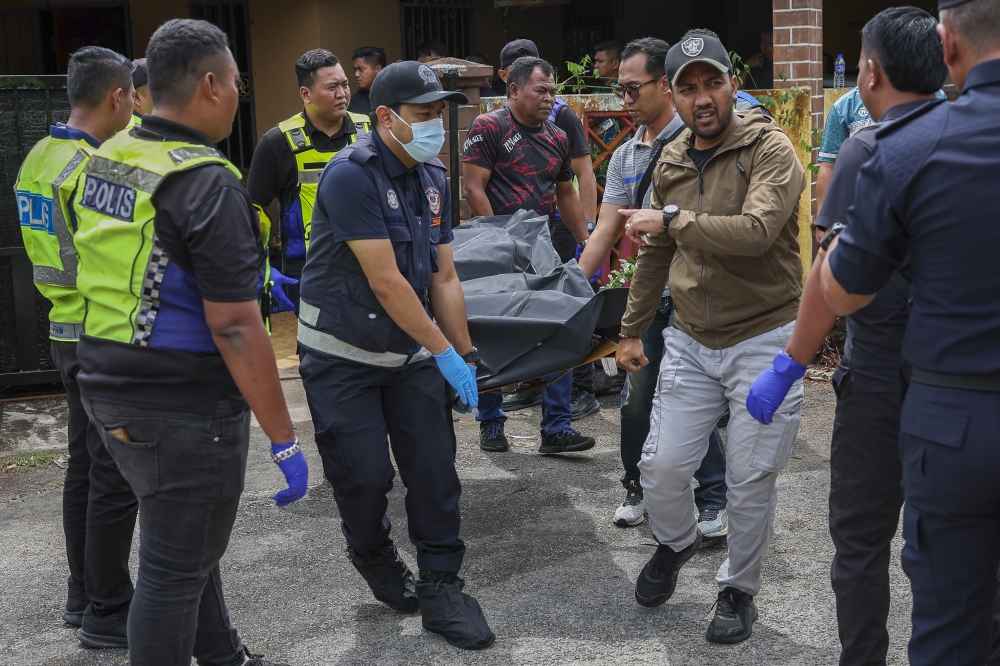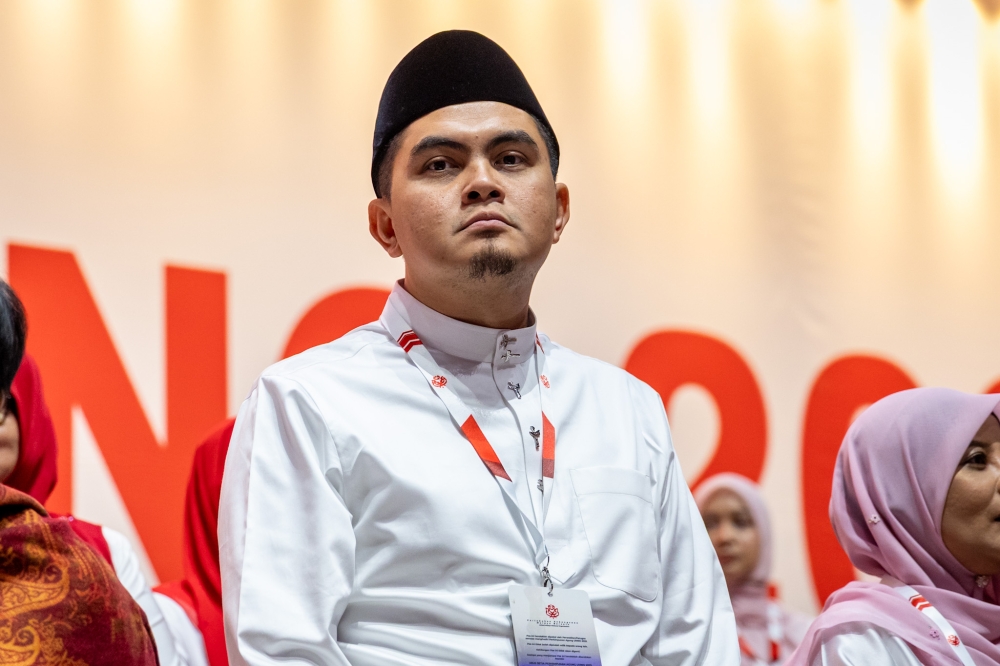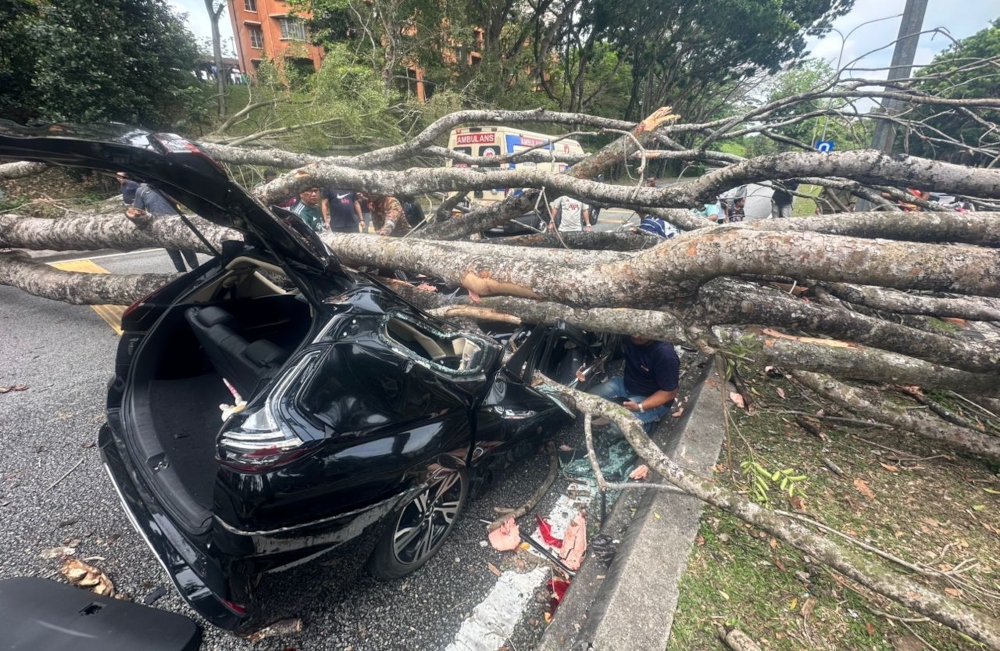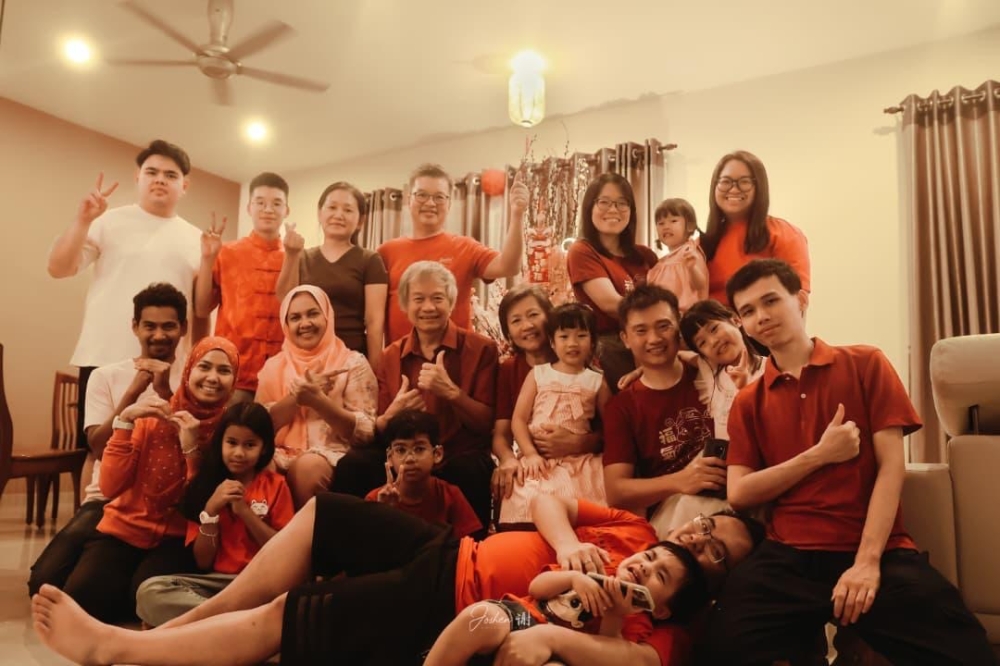KUALA LUMPUR, April 14 —Several health groups have criticised the decision to close all National Population and Family Development Board (LPPKN) centres nationwide for the duration of the movement control order (MCO).
LPPKN provides services such as family planning, reproductive healthcare, subsidised mammograms and more. It also provides reproductive health screening, reproductive cancer screening, menopause management and comprehensive laboratory tests.
The groups said this could lead to unplanned pregnancies that could result in abortions later on.
They also argued that the closure would hit low-income families hardest as they have no alternatives for contraception and family planning advice.
“It’s inconceivable how this government and the Ministry of Women and Family and Community Development can see this as a minor issue. That we can do without it, that’s it, the clinics are closed.
“People are calling us now asking for help to get medicines especially abortion pills and they don’t know where or who to go to,” said Syirin Junisya Ali, executive director of the Federation of Reproductive Health Associations Malaysia (FRHAM).
“The UN (United Nations), international NGOs and WHO (World Health Organisation) are emphasising that such services need to remain open regardless. So we in Malaysia are not adhering to the international norms.”
Many in Malaysia rely on LPPKN centres throughout the country for these medicines and contraceptives but will be cut off from these during the MCO.
With a global recession set to hit this year as a result of Covid-19, there is concern that unplanned pregnancies during this period could lead to severe financial problems for lower income families.
Dr SP Choong, a member of Reproductive Rights Advocacy Alliance Malaysia (RRAAM), told Malay Mail that their requests to keep LPPKN centres open have gone unheeded by the Health Ministry.
He said there were around 100,000 abortions last year alone and warned that this could rise in the coming year if couples do not have ready access contraceptives during the MCO.
“It is almost certain that this sudden disruption to their daily lives will cause couples to give a lower priority to contraceptive practice. As we all know, even when contraceptives are used, there are significant failure rates which lead to an unplanned pregnancy.
“Depending on the couple's financial and emotional situation, the pregnancy may be welcomed or it may be considered a threatening life changing problem, particularly for unmarried couples or single women in educational institutions or beginning a new career,” said Dr Choong.
“There are around 100,000 cases of abortions cases which mostly go unreported so with the LPPKN closed I fear things will get worse.
“That’s why RRAAM is unhappy that MOH and LPPKN continue to ignore the needs of women with contraceptive failures for whatever reason. Closure of LPPKN exacerbates the situation.
“They deserve to be given treatment for such 'accidental pregnancies'. They (ministries) have left this to the NGOs and private sector with no support from them. In fact they put unnecessary obstacles in our way.”
FRHAM’s Dr John Teo said such services are even more important in times of crisis as without them, problems could arise.
“The consequences are many-fold, especially when it's families who are vulnerable and from the lower socio-economic groups that rely on these critical supplies.
“The concern is that with unavailability of contraceptive supplies, unplanned pregnancies, unsafe abortions or miscarriages can rise.
“This may cause further harm to women's health and place additional strain on their families economically in an already highly stressed environment as a result of the pandemic,” he said.
Abortions are illegal except for a handful of circumstances in Malaysia. Section 312 of the Penal Code allows a registered medical practitioner to terminate a pregnancy only if he believes the pregnancy would risk the life, physical, and mental health of the woman.
However, illegal abortion services exist, as do so-called abortion pills that are taken to terminate early-stage unwanted pregnancies.
For Youth Initiative KL (FYIKL) is a digital awareness platform on sexual reproductive health in Malaysia who champions the rights of women.
In 2019, it organised the Abort The Stigma (2019) project which was the first Malaysian online and on-site/offline art exhibition aimed at addressing abortion-related stigma in Malaysia through art activism in conjunction with World Safe Abortion Day.
Its founder, Fara Rom, said the decision to close all LPPKN centres is a setback to the family planning movement, women rights, sexual reproductive health and rights in Malaysia as they have been advocating on the importance of family planning.
“Clearly the interest of women and girls are not a priority for the government,” Fara told Malay Mail, adding that it was regressive and perpetuated gender inequality.
“Ironically, they’ve advised us to practice safe sex but then they go and close all the LPPKN after publishing a statement saying they expect a baby boom in 2021.”
Fara said the government should clearly state that all sexual reproductive health services are essential and the LPPKN should continue operating throughout the MCO.
She also said LPPKN should use its online platform to further educate and reassure the public that it is doing its best in protecting the public’s rights and posting more information relating to sexual reproductive health and rights with the Covid-19 pandemic (including contraception access abortion, domestic violence).
“Contraceptives resupply such as postal services during MCO should be offered as an alternative, relax the abortion law in the country: allow individuals to self-administer abortion at home by obtaining abortion pills from reliable sources such as Women on Web, Women on Waves,” Fara suggested.
“Research and evidence show that individual can safely and effectively self-administer an abortion with pills when they have accurate information about the dosing regimen and when to seek treatment for complications,” she added.




